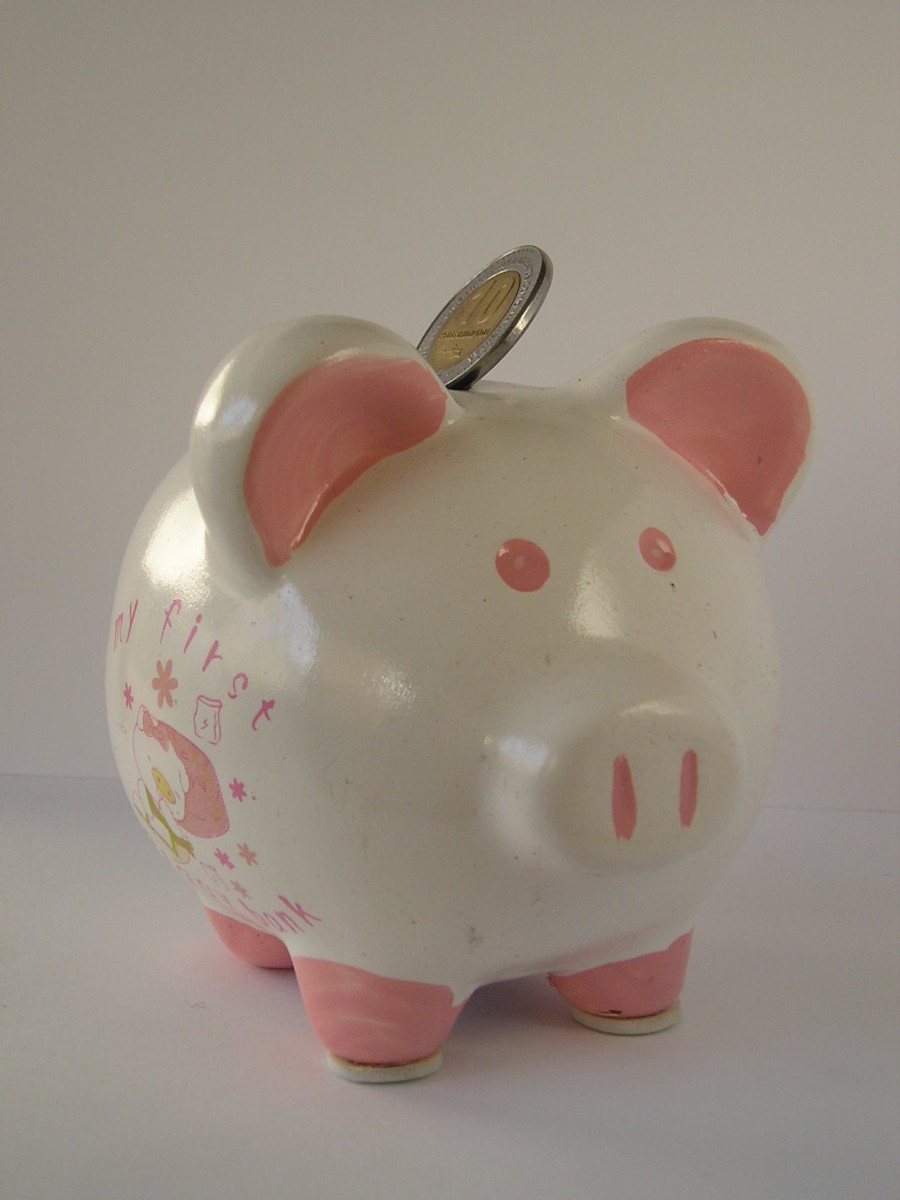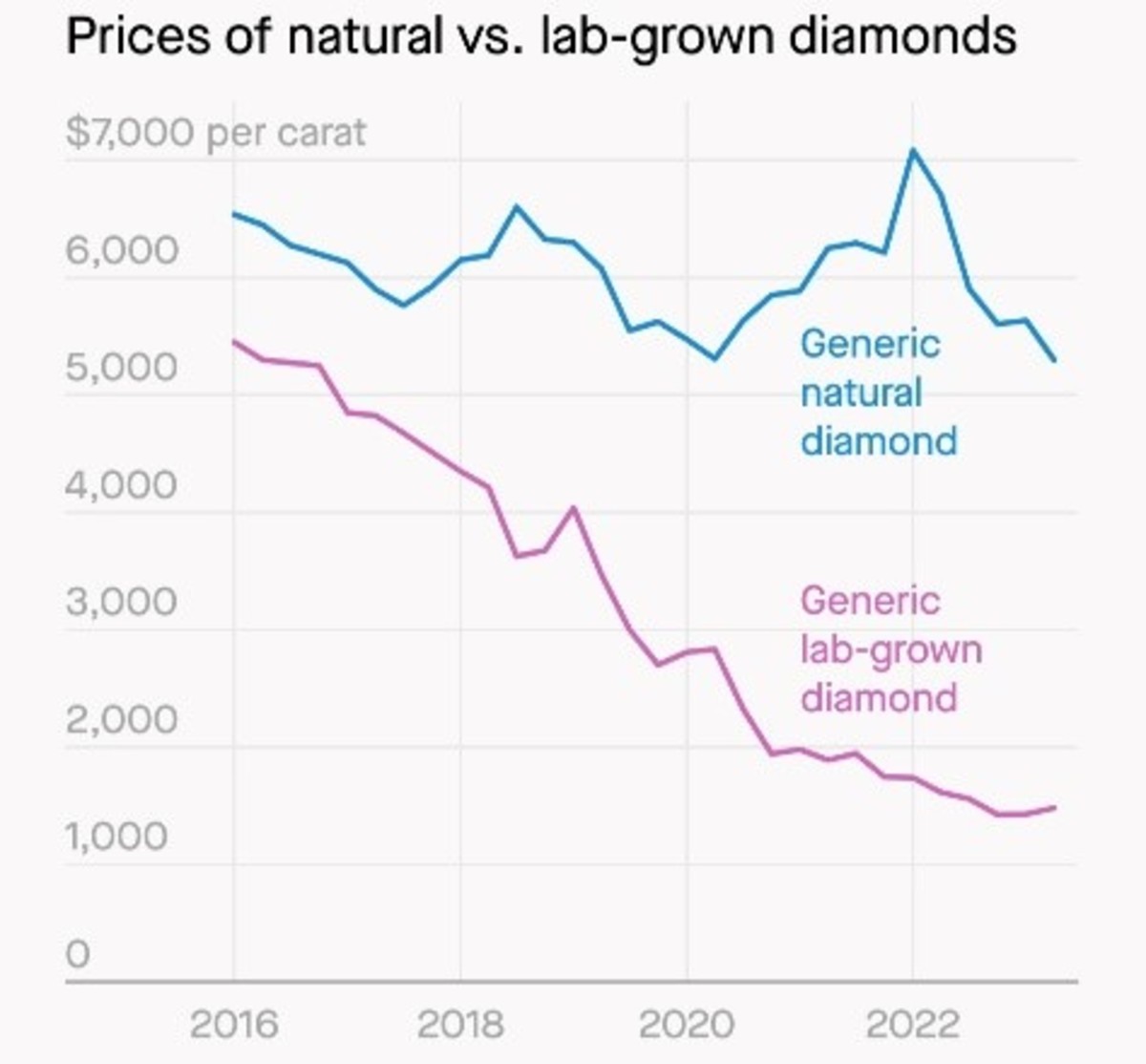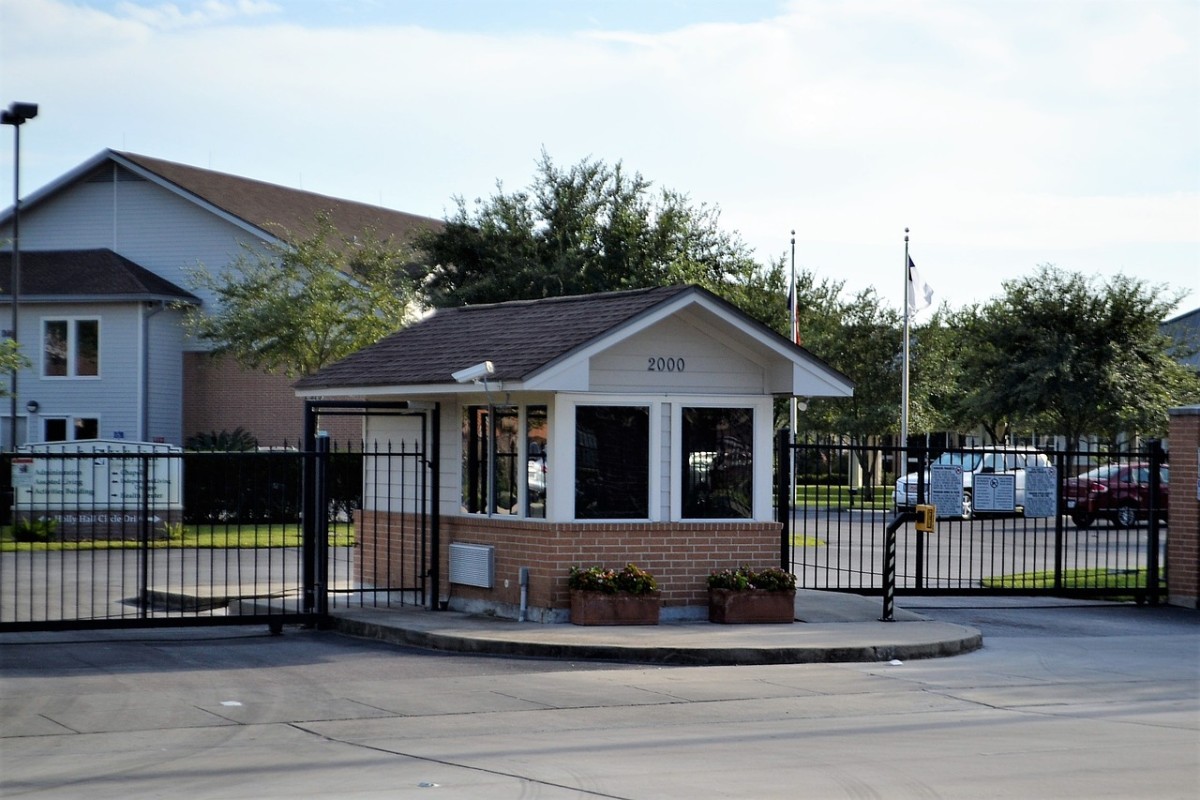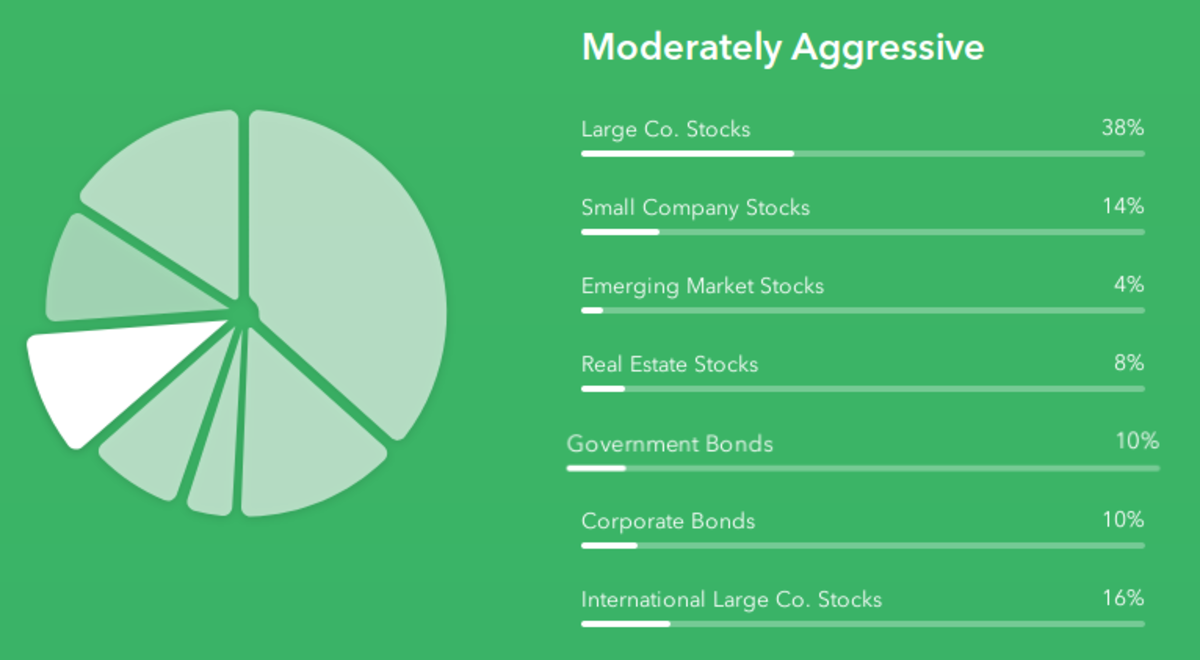Isa's - Are They Still Worth It?
What is an ISA?
This is really one for UK tax payers as as far as I am aware these accounts are only available in the UK.
ISAs or Individual Savings Accounts were launched by the government in the late 1990's to replace TESSAs and PEPs. They are a way of saving free of tax – provided you stuck to some terms and conditions such as how much you were allowed to invest each year.
They were divided into cash ISAs and investment (Stock & Shares) ISAs. You can only have one cash and one investment ISA which you add to each year.
Now as stocks and shares ISAs carry a degree of risk to your money so before you take one put you should speak to a financial adviser I will be sticking to the easier cash ISA here.
Did you say Tax Free?
Yes, the interest paid on the account is free from income tax and for many years they had comparable interest rates to all other savings accounts sometimes even better – one I had sone years ago had an interest rate of 6.1% so as this was not taxed you would have had a better return with an ISA than other accounts.
Tax on credit interest for all other savings accounts was deducted by the bank/building society at 20% before the net interest was added to the account. If you were a higher rate tax payer you had to declare it to HMRC
The interest on these, and all other, savings accounts, have been very poor over the past few years but with the recent increases in the base rate from the Bank of England the rates have gone up, but not by as much as those on loans and mortgages.
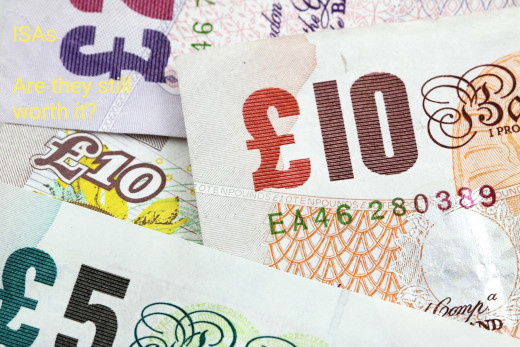
So why are you saying they may not worth it?
Well, in April 2016 no matter what savings accounts you had you were, depending on your income, allowed to earn a certain amount of interest on your savings tax free.
There are:
Basic rate tax payer (20% tax) £1000 tax free interest
Higher rate tax payer (40% tax) £500 tax free interest
Additional rate tax payer (45% tax) £0 tax free interest
This allowance was in addition to any ISAs you have which are not included in any of the calculations.
So this means the majority of savers no longer paid any tax on the interest they received on any of their savings accounts. This has left the ISA somewhat redundant.
To make matters worse thanks to the cuts in the base rate ISAs now have really poor interest rates and the tax free status is no longer an advantage for most – unless you have a large sum of money in savings accounts and exceed the allowance. However, if you are willing to or able to lock up your money for a number of years there are some better rates for fixed term accounts but this gives up your penalty free instant access to your money.
That being said, the ISA interest is an additional tax free amount on top of the allowance so if you have one with a good interest rate then max this out first then use other savings accounts to make the most of your allowance.
Finding the best ISA means a lot of shopping around and looking at their terms of the accounts. Ones run online only tend to have a higher interest rate as they are cheaper for the bank to run. However, these accounts often require you to have a certain type of current account at the same bank as well so this may not be worth it in the long run.
However, the tax free allowance can be removed very quickly and easily by the government ISAs less easily so if you already have an ISA it is well worth keeping them – even if it is with the minimal balance in them just in case the tax free interest allowance is abolished.
Edit Aug 2023:
Well base rates have now gone up. Naturally savings rates have not gone up any where near as much but this does mean more people may go over the tax free interest allowance so putting some money in to ISAs may now look a better investment.
So what is a LISA?
This is the most recent type of ISA to be launched and was aimed at helping people buy their first home.
You CAN hold one of these and a regular ISA as well and like other ISAs there are both cash and investment LISAs. Again I am restricting this to cash LISAs for investment ones – speak to a financial adviser as I can not advise on them
For a cash LISA the deal is simple, open the account and for every £100 you put in the government will give you another £25 in addition to any interest the bank pays you.
Sounds good doesn’t it – but there are some major restrictions
- You can only open one if you are between 18 to 39 – on your 40th birthday you are too old to open one.
- You can only invest £4000 a year.
- You can only pay into the account up to your 50th birthday.
- You can only use the money in the account as part of a deposit to buy a property as a first time buyer (this is a VERY strict definition so make sure you qualify) or to use to build up a pot for retirement and then it is released to you when you are 60.
If you want to take the money out for any other reason – you have to pay a 25% charge of the total amount in the account so not only do you have to pay back all the money the government gave you but also a proportion of what you paid in.
These are best used to build a deposit for first time buyers as the extra 25% from the government is not to be sneezed at.
It’s the first time I’m buying a house to move from the one I inherited so I qualify as a first time buyer don’t I?
No, no and no again. In the UK the term ‘first time buyer’ means you have never owned or part owned a residential property whether you actually bought it or not is irrelevant. If you have inherited a residential property or have been added to the deeds of any other residential property you are NOT classed as a first time buyer and so cannot use this account for that purpose – and yes the government will know as all property ownership is held by the land registry.
As I mentioned earlier ‘first time buyer’ has a very strict definition even above and beyond what I have mentioned so please make sure you are classed as one.
So what about a 'Help to Buy' ISA?
These were all closed to new investors in 2019 but those who opened them before this date can still use the account until 2029.
They were designed to help first time buyers to save for a deposit on their first home. They had fewer restrictions than LISAs do.
A warning for US citizens
Since I first wrote this I have found out that the USA is one of only two countries which taxes the income of it's citizens no matter where in the world they live. This means if you are a US citizen you, depending on your income, may have to pay the IRS tax on any interest you earn in an ISA even if you live full time in the UK. Your bank in the UK are compelled to inform the IRS if you hold an ISA or they will suffer a 30% witholding tax on all transactions through the US which the bank does. You can't blame Trump for this as it was introduced when Obama was in office.
This article is accurate and true to the best of the author’s knowledge. Content is for informational or entertainment purposes only and does not substitute for personal counsel or professional advice in business, financial, legal, or technical matters.
© 2020 Mike





